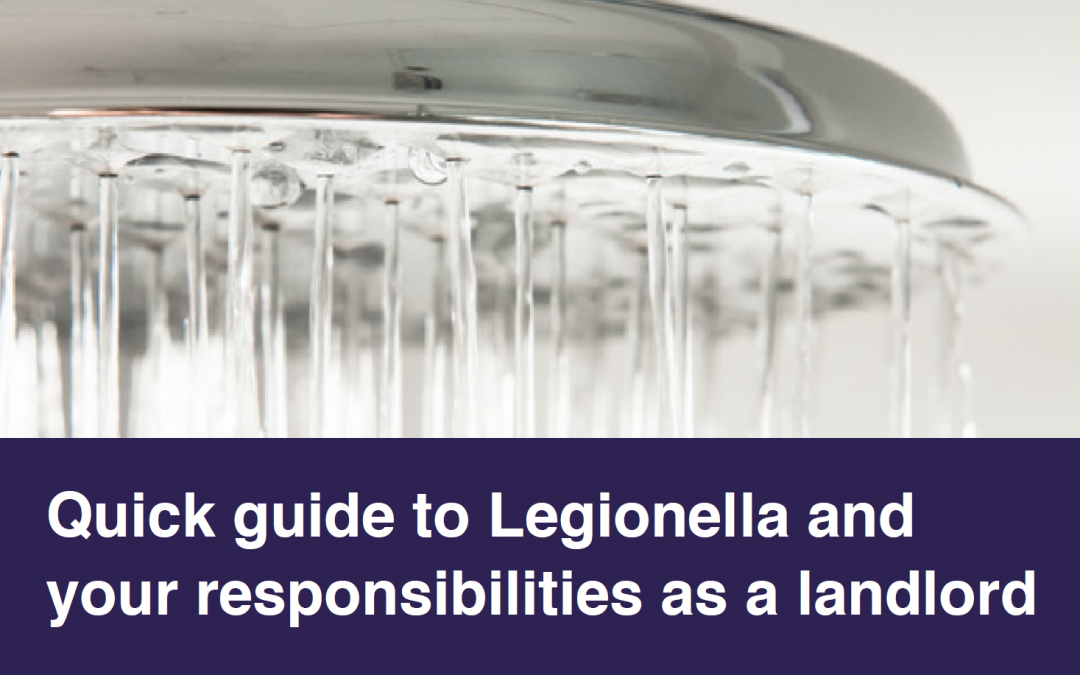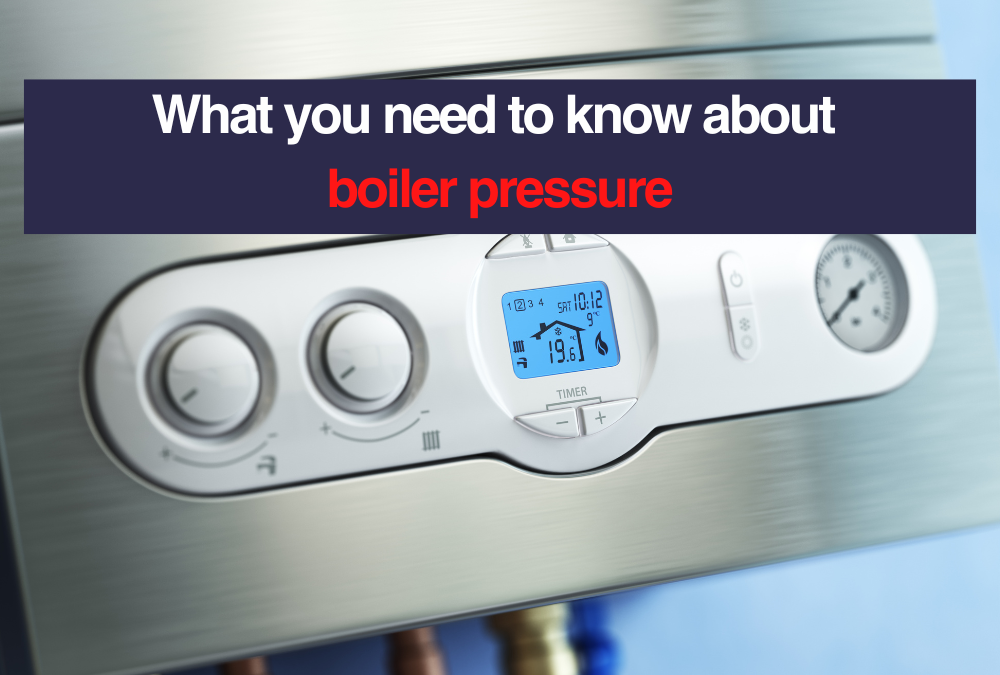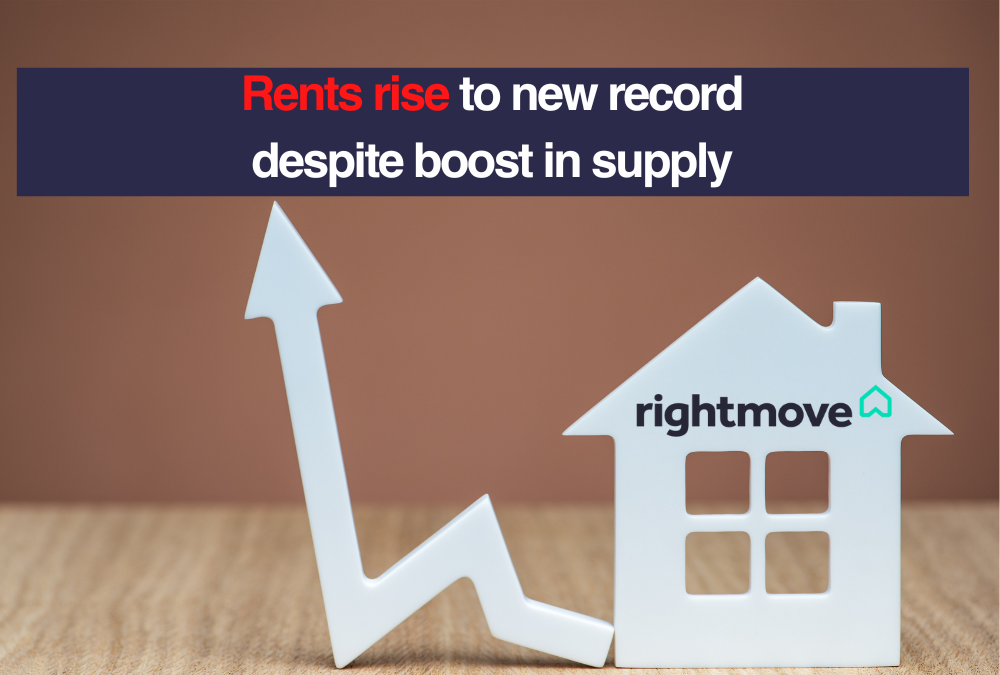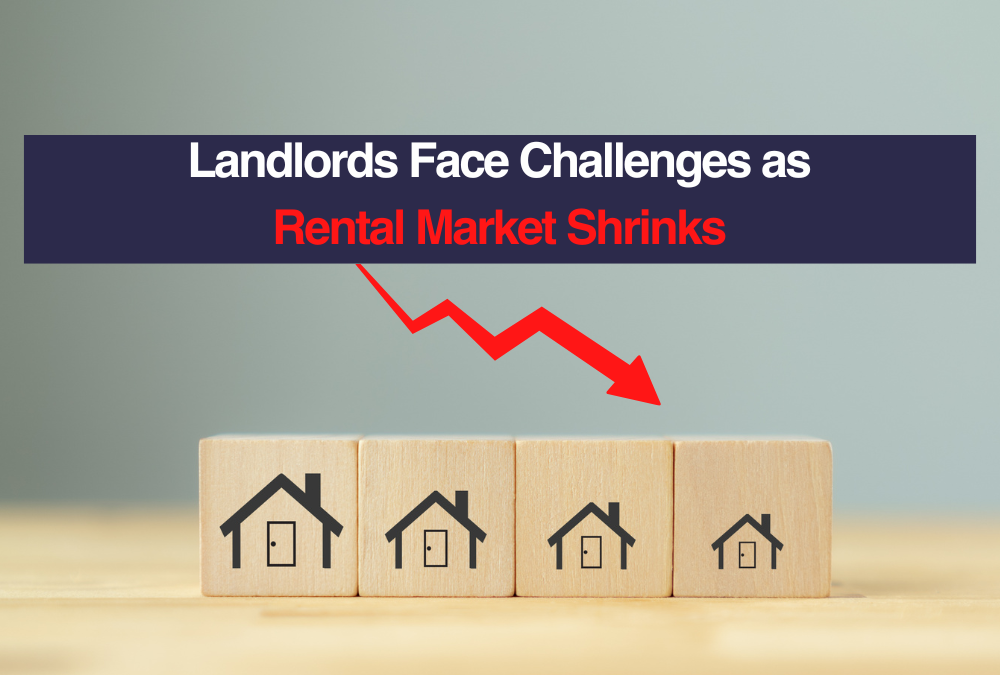Did you know that both landlords and letting agents are legally required to ensure that their properties are free of the Legionella bacteria?
Legionella is a group of bacteria that can cause health issues for vulnerable tenants – such as Legionnaire’s Disease and Pontiac fever. It’s often found in domestic showers, water pipes and systems – making it quite common and likely to be found on any property.
Legionnaire’s disease is no picnic – it can be contracted by inhalation of droplets and cause pneumonia-like symptoms: coughing, fever, nausea and headaches, to name a few. Although mortality rates of the disease have fallen, smokers and the elderly are especially at risk, making it crucial to deal with any suspected outbreak of Legionella as quickly as possible.
Luckily, it’s fairly easy to prevent, and as a landlord, it’s important to know how to do so. Let’s explore.
How does Legionella spread?
To know how to prevent Legionella, it’s important to understand the bacteria’s favourite breeding conditions. These include:
- Temperature – Cold water that is higher than 20 degrees and hot water that is lower than 50 degrees could be perfect breeding ground for Legionella
- Water droplets – Bacteria breed in these!
- Water stored before recirculation – For example, if the water has been sitting in a system that hasn’t been used for a while
- Rust or sludge – These are things that bacteria like to feed on
What can you do to combat Legionella?
You can never be 100% sure that Legionella is not present in a property, but you can follow these best practices to ensure it doesn’t breed and spread.
- Water regulation – Ensure that the water is kept moving around the system, rather than sitting dormant. Also make sure that the hot water is kept hot, and the cold water remains cold.
- Risk assessment between tenancies – Legionella is more likely to be present if a property has been unoccupied for a while. Be sure to carry out the relevant checks a few months before a new tenancy is due to start. If you don’t feel confident carrying out the checks yourself, you can hire an environmental examination agency to do it for you.
- Install electric showers or combi boilers – These heat up small amounts of water as it is used, slashing the risk of bacteria breeding by ensuring that the water is not sitting dormant in the system.
- Remove any pipework that is no longer required – These can eventually rust – leaving a perfect meal for bacteria to feast on!
Carrying out a risk assessment
You may want to carry out a risk assessment if you’re about to let a property that has been unoccupied for a while. If you’re not going to outsource this task, here are our best tips for carrying out an efficient test for Legionella:
- Flush out the water system
- Remove and disinfect showerheads and hoses
- Use a digital thermometer to take readings of the water temperature – cold water should be below 20 degrees and hot water should be above 50 degrees
If the water temperatures are not correct, you may need to call in a plumber to help you investigate why.
If you find Legionella
You’ll need to employ an environmental agency to clear out the water system and disinfect any appliances that could be infected.
Final thoughts
Remember that Legionella is not likely to be found in a property unless it has been vacant for a long period of time. However, checking the water systems is a quick and easy task that could save you a lot of hassle in any case.
Here at Horizon Lets, we understand that all the responsibilities of becoming a landlord can sometimes be overwhelming, and we’re here to advise you on the best ways to avoid Legionella in your properties and deal with it, should it be found. Don’t hesitate to get in touch with our letting agents!
Related Articles
- Landlords Guide to Water Supply & Your Responsibilities
- Landlords Obligations – Legionnaires Disease
- Our Guide to Frozen Pipes
- Condensation and How To Beat It
- Condensation vs Damp Info for Landlords








